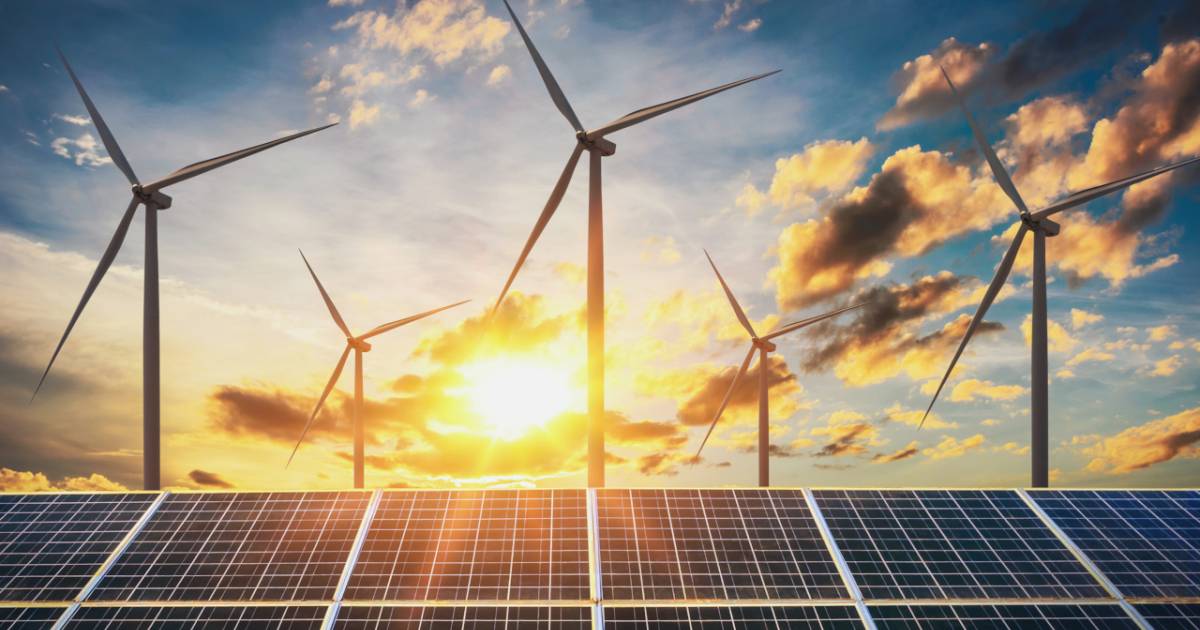
Image source: BHRRC
Analysis of the human rights policies and practices of some of the world’s largest publicly traded wind and solar energy companies makes for uncomfortable reading.
In what’s claimed by Business & Human Rights Resource Centre (BHRRC) to be the first human rights benchmark of renewable energy companies, 16 firms were put under the microscope and all were found lacking.
The methodology included 13 core indicators developed to measure companies’ alignment with the United Nations Guiding Principles on Business & Human Rights. 19 sector specific indicators were also developed.
“Unfortunately, this benchmark shows the sector is falling short on human rights, especially on land rights and protecting indigenous people,” said Marti Flacks, Deputy Director of BHRRC. “This not only threatens harm to communities, but risks project delays and increased costs that could put the transition to a net zero-carbon economy in jeopardy.”
It’s important to note that what the report highlights is the lack of essential human rights policies being in place to avoid abuse of the communities and workers, not that all these companies are necessarily engaging in such activities. But without policies, the risk of abuse is increased.
BHRRC notes since 2010, it has identified close to 200 allegations of of human rights abuses related to renewable energy projects, and asked 127 companies to respond to these allegations. The allegations have included killings, threats, land grabs, dangerous working conditions and poverty wages. The majority of these allegations are associated with projects in Latin America and half of the 16 companies ranked in the benchmark have allegations recorded against them on the BHRRC website.
According to the report’s Executive Summary, the average score of the companies analysed was just 22%. Close to half the companies benchmarked scored below 10%, with three quarters scoring below 40%.
JinkoSolar Scores Poorly
There was only one company on the list whose primary activity is the manufacture of solar panels – JinkoSolar (which is also a solar farm developer). On Core UN Guiding Principle Indicators, JinkoSolar scored 4% and on Renewable Energy Sector-Specific Indicators, 10%; for a total score of 7%.
A blemish on JinkoSolar’s record was a chemical spill from a factory in Haining City, China in 2011 that killed large numbers of fish in a nearby river and triggered a riot. The company subsequently shut the facility and appeared to learn a great deal from the incident. JinkoSolar was ranked no.1 on the Silicon Valley Toxics Coalition Scorecard for 2018-19, which scores companies on environmental and social responsibility. But the BHRRC report covers broader themes and indicates JinkoSolar still has a lot of work to do.
The release of the report shouldn’t come as a shock to the companies analysed. Preliminary scores were provided to the firms in February this year along with an opportunity to provide additional materials or corrections. The companies were also offered the opportunity to discuss the analysis with BHRRC via phone. Only 6 took up that offer.
It should be noted research and scoring concluded in March 2020, so any policies and procedures subsequently adopted by the companies analysed past that point are not reflected in the final scores.
Investors Need To Be “Good Owners”
The renewable energy industry certainly isn’t the only one where human rights challenges exist, but that doesn’t provide an excuse.
While the report will take some of the lustre off the renewables sector’s clean image, putting the spotlight on human rights issues could act as a trigger for positive change. Investors have also been called on to incorporate these factors into their investment screenings.
“Companies and investors play an instrumental role in accelerating the global transition to a low-carbon economy. We must play our part by ensuring that transition truly benefits all.”
The full Renewable Energy & Human Rights Benchmark report, which also contains a series of recommendations, can be downloaded here and the raw scoring data here.

 RSS - Posts
RSS - Posts



Speak Your Mind